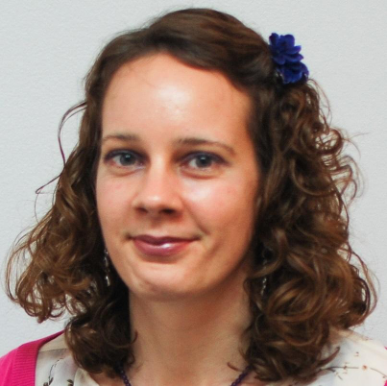Description of Activities
My work aims to develop robust frameworks for the verification of cryptographic protocols within the security of ICT products, services, and processes, thereby enhancing resilience against cyber threats.
Impact on SMEs (4th Open Call)
Ensuring that protocols are rigorously verified according to standardised methodologies could, at least partly, lower the financial barriers for SMEs to enter the certification market, as the consistent and reliable verification of protocols would streamline the certification of more complex systems.
Impact on SMEs (5th Open Call)
By implementing rigorous, standardized verification methods, the overall efficiency of the certification process would improve. This would, to some extent, lower financial entry barriers for SMEs in the certification market, as consistent and dependable protocol verification would simplify the certification of more intricate systems.
Impact on SMEs (6th Open Call)
A unified approach to the verification of cryptographic protocols within cybersecurity certification schemes could significantly reduce the costs and workload associated with certifying composite products or services. By ensuring that protocols are rigorously verified using standardized methodologies, the overall efficiency of the certification process would improve. This could, at least in part, lower the financial barriers for SMEs to enter the certification market, as consistent and reliable verification of protocols would streamline the certification of more complex systems.
Impact on SMEs (7th Open Call)
A unified approach to the verification of cryptographic protocols within cybersecurity certification schemes could significantly reduce the costs and workload associated with certifying composite products or services. By ensuring that protocols are rigorously verified using standardized methodologies, the overall efficiency of the certification process would improve. This could, at least in part, lower the financial barriers for SMEs to enter the certification market, as consistent and reliable verification of protocols would streamline the certification of more complex systems.
Impact on society (4th Open Call)
My work is centred on creating robust frameworks for verifying cryptographic protocols within ICT products, services, and processes, ultimately strengthening resilience against cyber threats.
Impact on society (5th Open Call)
In the broader European context, my fellowship is poised to have a significant impact on cybersecurity practices, aligning with the objectives set forth by the Cybersecurity Act (CSA) and advancing European interests in bolstering digital security.
Impact on society (6th Open Call)
My primary focus is on developing standardized verification methodologies for cryptographic protocols, which play a key role in enhancing cybersecurity practices across Europe. I am working on creating robust frameworks for verifying these protocols within ICT products, services, and processes, ultimately contributing to greater resilience against cyber threats.
The Cybersecurity Act (CSA) promotes the use of certification as an effective cybersecurity tool that can be applied consistently across Member States without creating unnecessary administrative burdens. Previously, products or services certified in one country often had to undergo similar procedures again when different national requirements were in place.
With the introduction of the European Cybersecurity Certification (EUCC) scheme, however, certificates issued under this framework will be legally recognized across all Member States once the corresponding Implementing Act is in force. This harmonization is essential for reducing duplicated efforts, saving time and resources, and ensuring consistent cybersecurity standards throughout Europe.
Impact on society (7th Open Call)
My primary focus is on developing standardized verification methodologies for cryptographic protocols, which play a key role in enhancing cybersecurity practices across Europe. I am working on creating robust frameworks for verifying these protocols within ICT products, services, and processes, ultimately contributing to greater resilience against cyber threats.
The Cybersecurity Act (CSA) promotes the use of certification as an effective cybersecurity tool that can be applied consistently across Member States without creating unnecessary administrative burdens. Previously, products or services certified in one country often had to undergo similar procedures again when different national requirements were in place.
With the introduction of the European Cybersecurity Certification (EUCC) scheme, however, certificates issued under this framework will be legally recognized across all Member States once the corresponding Implementing Act is in force. This harmonization is essential for reducing duplicated efforts, saving time and resources, and ensuring consistent cybersecurity standards throughout Europe.
Organization
Cryptography specialist, National Institute of Telecommunications
Proposal Title (4th Open Call)
Developing ISO/IEC 29128 parts 2 and 3
Proposal Title (5th Open Call)
Progressing ISO/IEC 29128 parts 2 and 3
Proposal Title (6th Open Call)
Advancing ISO/IEC 29128 parts 2 and 3
Proposal Title (7th Open Call)
Advancing ISO/IEC 29128 parts 2 and 3
Standards Development Organisation











